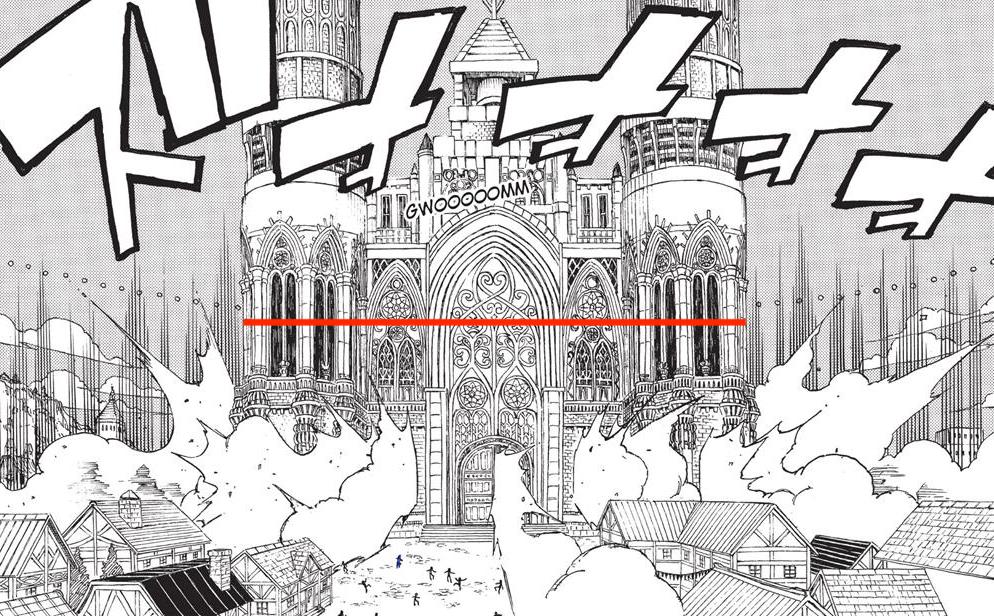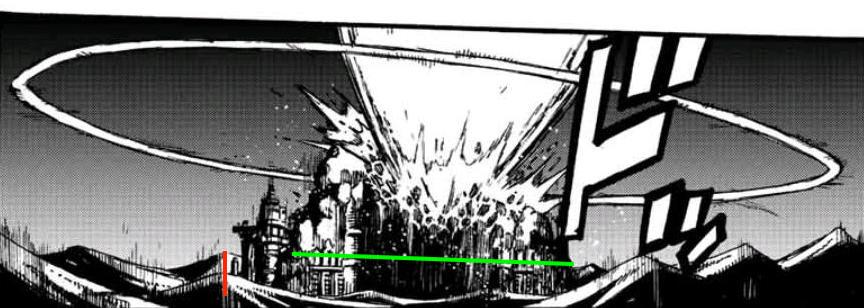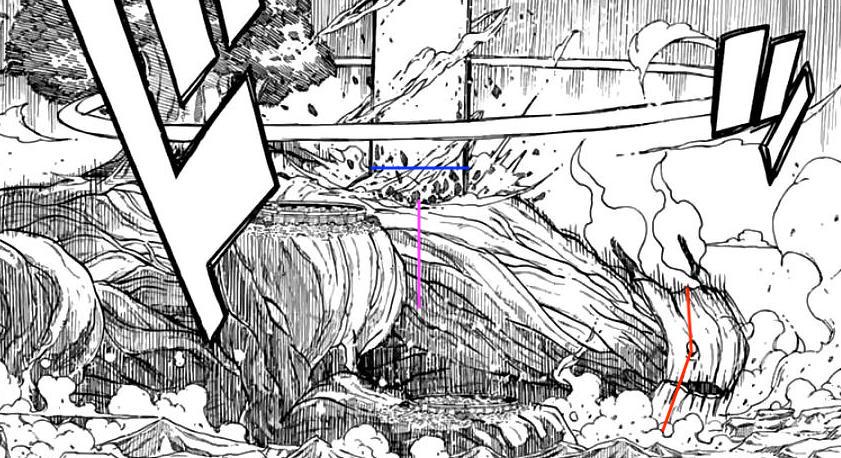- 15,667
- 10,695
I've come across a dilemma. A dude has a 1000 degree attack, he shoots it at water and vaporizes it instantly. Can we say he heated it up to 1000 degrees, or do we limit ourselves to 100? Strictly speaking, since he did it instantly, his attack would've heated that entire area including the water to 1000 degrees, but then there's the issue of how water would behave and would the energy necessary to heat it all up be the same?
I have a personal reason for why I want to know this, but here's a calc to represent my thoughts

 vsbattles.fandom.com
vsbattles.fandom.com
This calc is both accepted by Mitch and somewhat rejected by Therefir and then it is all made by CloverDragon. This means that there's a discrepancy in mod opinions on this which I want solved.
Please help me out here lads.
I have a personal reason for why I want to know this, but here's a calc to represent my thoughts

Fairy Tail: FDKM Natsu Vaporizes Lake Scilliora
This calc is both accepted by Mitch and somewhat rejected by Therefir and then it is all made by CloverDragon. This means that there's a discrepancy in mod opinions on this which I want solved.
Please help me out here lads.

